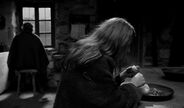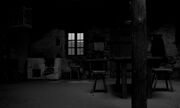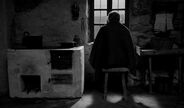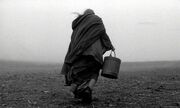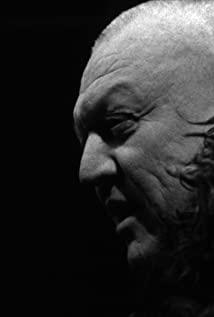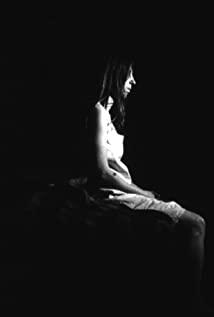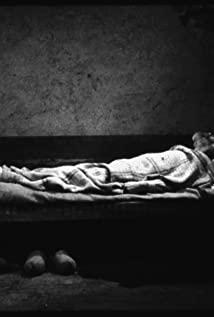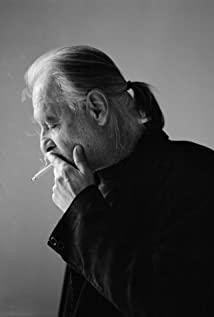"The Horse of Turin" was directed and completed in 2011 by the famous Hungarian director Bela Tal. The film has the style of Bayesian. The film borrows people to fight against the harsh natural environment, and stubbornly survives in the harsh environment to show the indomitable human beings and the original intention of God. From a text point of view, "The Horse of Turin" is obviously not a pass, and the poor text content alone is not enough to support more than two hours of filming. Bella Tarr's signature sporty long takes and the film's personal imagery add to it. This film presents a story of "Seven Days of Destruction", in which the heroine dresses, fetches water, cooks, eats, and undresses for her father, day after day, monotonous and repetitive. This is a sense of alienation deliberately created by the director. In the middle of the film, the appearance of the role of the "wine buyer" breaks the inner space of the father and daughter. The director uses the mouth of the "wine buyer" to eloquently express the theme of the film. Scenes of God's duel. The film uses only the sound and no picture, and the sleepy narration enhances the sense of alienation in the film. The first shot of this film is a 5-minute long shot shot by Steadicam. The shot is far or near, flat or up. The soundtrack is based on religious sacred music, which enhances the mystery and ritual of the film. feel. The black and white tone style, the sporty and restrained way of moving the mirror, the plain, the wind swept the fallen leaves, the sandstorm, the dry well, the weeds, the scorching heat, the stone house, everything is so cold, simple, rough, and the wind will not disperse. Under the thick fog, the father and daughter depended on each other for life. The daily sitting, sleeping, and daze, as well as cooking and eating potatoes day after day for seven days, in the dark and cold atmosphere of the cold house outside, made people feel like living in a year. , the 155-minute film is simply unnerving. The actor scheduling in the house is also a must. The two people plus camera scheduling, wrong entry and wrong exit, partitioned lighting, and the two walking dead-like drama performances have added a lot to the film. Jansuo's successor, Bella Tarr, lived up to his reputation as "the last master of Europe". But I thought, what's the point of trying to make such a form-oriented film?
View more about The Turin Horse reviews



